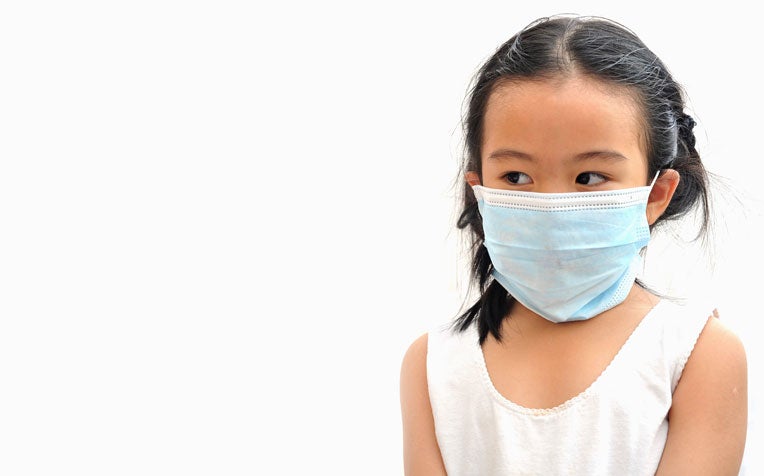
Children's immunity What would boost a child's immunity and what is just a myth?
Dr Ng Chung Wai, Family Physician and Chairperson (Infection Control & Infectious Diseases Workgroup), SingHealth Polyclinics (SHP), a member of the SingHealth group shares more on children's immunity.
Does being exposed to a few germs build up children’s immunity?
While getting an actual infection may make a child immune to subsequent infections by the same germ, this is not always the case. For example, a child can get diphtheria more than once. The infections may result in complications that cause permanent damage, so it is safer to be protected by the diphtheria vaccine than by getting diphtheria.
Can making the environment and children super clean actually make them more susceptible to germs?
This is the Hygiene Hypothesis which postulates that an “overly-clean environment” and the lack of exposure to germs predisposes a child to developing allergic diseases such as hay fever and asthma, not so much a susceptibility to germs. There are several major issues with the hypothesis. For example, studies suggest that improving hygiene is not necessarily linked to an increase in asthma in children. So the answer is: “No, making the environment and children superclean does not make them more susceptible to germs.”
Are there differences in the levels of immunity at different ages and why?
The immune system is not yet mature in a very young child, so those under one year old are more susceptible to infections. Some infections, such as blood infections by the pneumococcus bacteria, particularly affect children aged below two. An immature immune system also may not respond adequately to a vaccine, which works by stimulating the immune system to produce antibodies. For this reason, vaccines should not be administered before the recommended age. They are ineffective if given to a child earlier than the recommended age.
Is there any way to prevent illnesses such as the common cold and measles?
Vaccines can prevent childhood diseases such as mumps, measles, German measles, diphtheria, chickenpox and pneumococcus infections. Unfortunately there are no vaccines for some infections such as the common cold. They are caused by germs which mutate so rapidly that we are unable to prepare vaccines in time.
Ref: R14
Contributed by














 Get it on Google Play
Get it on Google Play